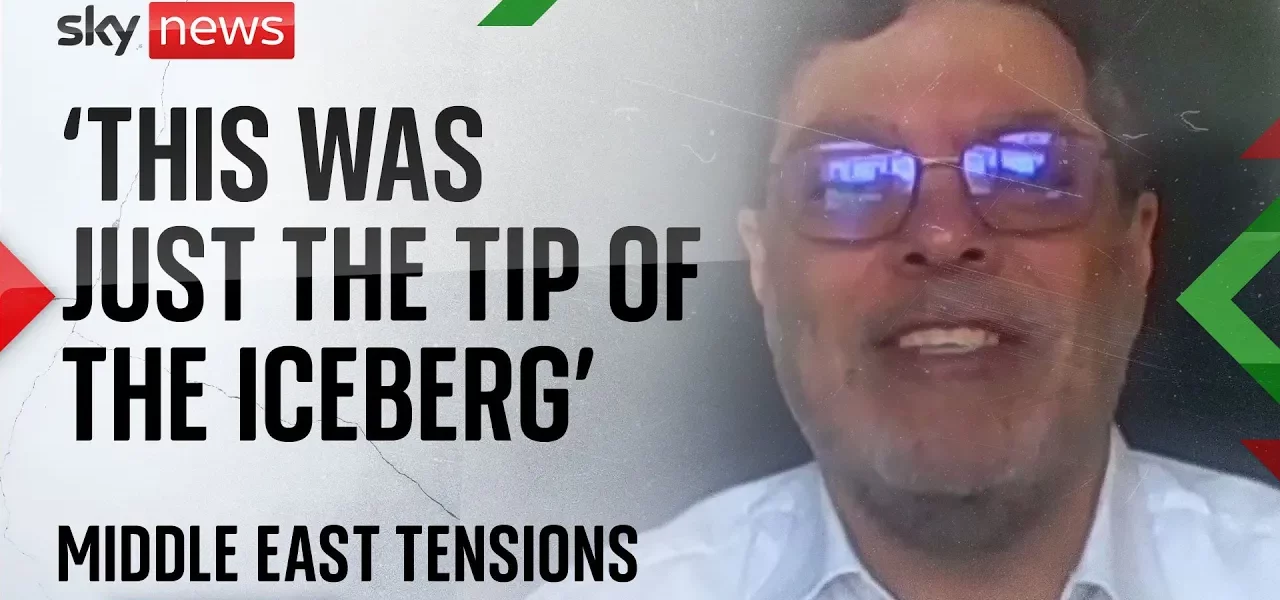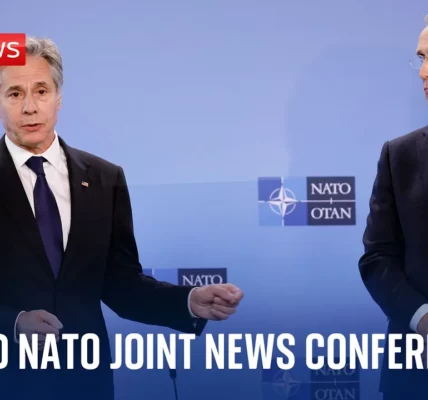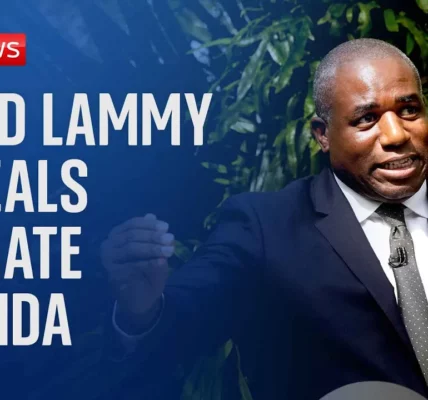Iran’s Recent Attack on Israel: An Analysis of Implications and Historical Context

This article delves into the recent conflict involving Iran and Israel, featuring insights from Professor Muhammad Mandi of the University of Teran. We explore the historical context, military implications, and the broader geopolitical landscape surrounding this ongoing struggle.
Introduction
The recent military actions taken by Iran against Israel have sparked intense debates and discussions around the implications and outcomes of such strikes. While mainstream narratives may describe these actions as ineffective or humiliating for Iran, a deeper examination reveals a complex reality rooted in decades of historical tension and conflict. This article seeks to unpack the layers of this situation, addressing the perspectives of key figures like Professor Muhammad Mandi, and examining the potential repercussions for both nations involved.
The Historical Context of the Conflict
The conflict between Iran and Israel is not a new phenomenon; it has deep historical roots that date back over 76 years. Understanding this history is essential to contextualize the recent military engagement:
- Ethnic Supremacism: The term “ethnic supremacy” has been used to describe the ideologies that underpin the Israeli state, suggesting a systemic approach to governance that privileges one ethnic group over others.
- Displacement of Palestinians: The Palestinian people have faced significant displacement and violence throughout this conflict, leading to calls for equal rights and recognition of their plight.
- Regional Tensions: Iran’s support for Palestinian groups and its opposition to Israeli policies have solidified its role as a key player in regional dynamics, often positioning itself against what it perceives as Western imperialism.
Military Implications of the Recent Attacks
The recent missile strikes by Iran have raised questions about military effectiveness and the strategic calculus involved on both sides:
Effectiveness of the Strikes
While some analysts claim that the missile strikes were largely ineffective, Professor Mandi argues otherwise:
- Many missiles were intercepted, but the psychological impact on the Israeli populace cannot be underestimated.
- Iran’s military capabilities, including its underground missile sites, present a significant challenge to Israeli defenses.
Potential Israeli Retaliation
Israeli responses to such provocations are expected and could involve:
- Targeting Iranian military infrastructure.
- Strikes against nuclear facilities, which could escalate tensions further.
- Attempts to undermine Iranian influence in the region through various means, including cyber warfare.
Geopolitical Considerations and Future Outlook
As tensions escalate, the broader geopolitical landscape becomes increasingly relevant. Key considerations include:
The Role of the United States
The U.S. has historically played a significant role in Middle Eastern affairs. The involvement of the U.S. could shift the balance of power:
- The potential for U.S. military support for Israel could provoke a stronger Iranian response.
- Iran’s strategic capabilities, built post-U.S. invasions, pose a significant threat to American interests in the region.
Impact on Global Economics
Any escalation could have far-reaching implications for global markets:
- Disruptions in oil production could lead to economic instability.
- Increased military engagements may result in refugee crises and humanitarian issues worldwide.
Conclusion
The ongoing conflict between Iran and Israel is a complex tapestry woven from historical grievances, military strategy, and geopolitical maneuvering. As tensions rise, the need for dialogue and understanding becomes more critical than ever. It is essential for the international community to recognize the rights of all peoples involved and to strive for a peaceful resolution that honors human rights and equality. For further insights into the implications of this conflict, explore our related articles on Middle Eastern geopolitics and human rights advocacy.
Stay informed and engaged; the future of this region depends on understanding the past and working toward a more equitable future.
“`




